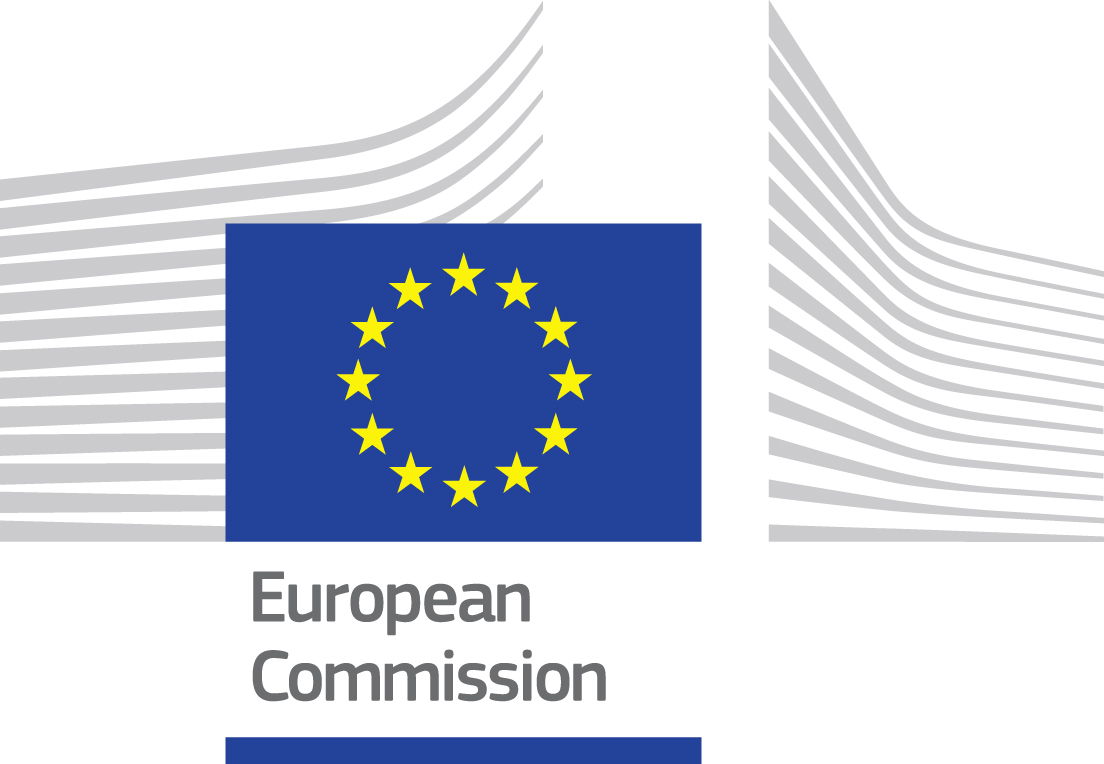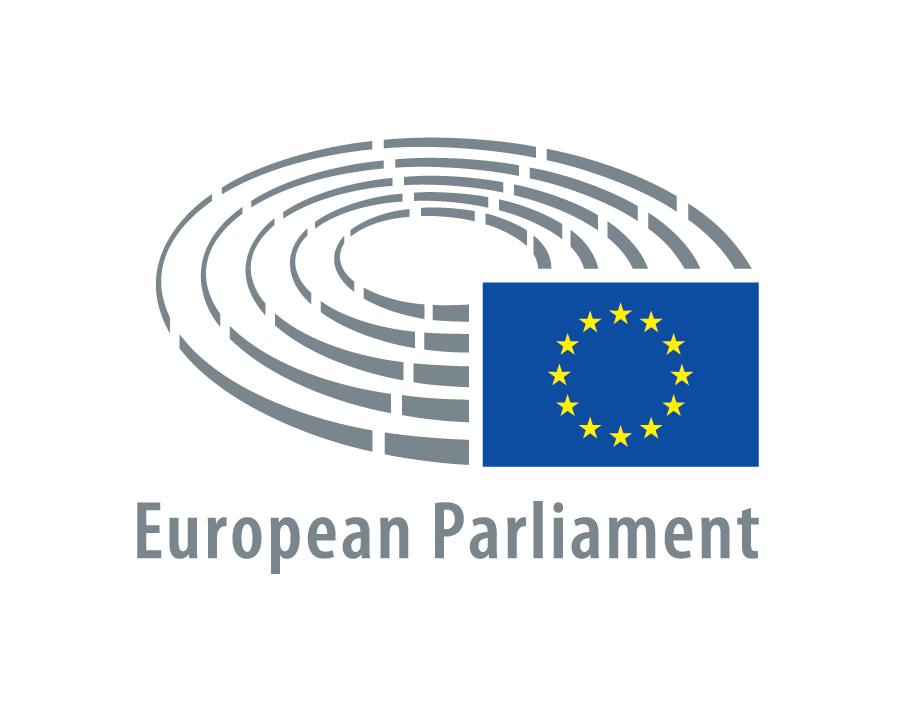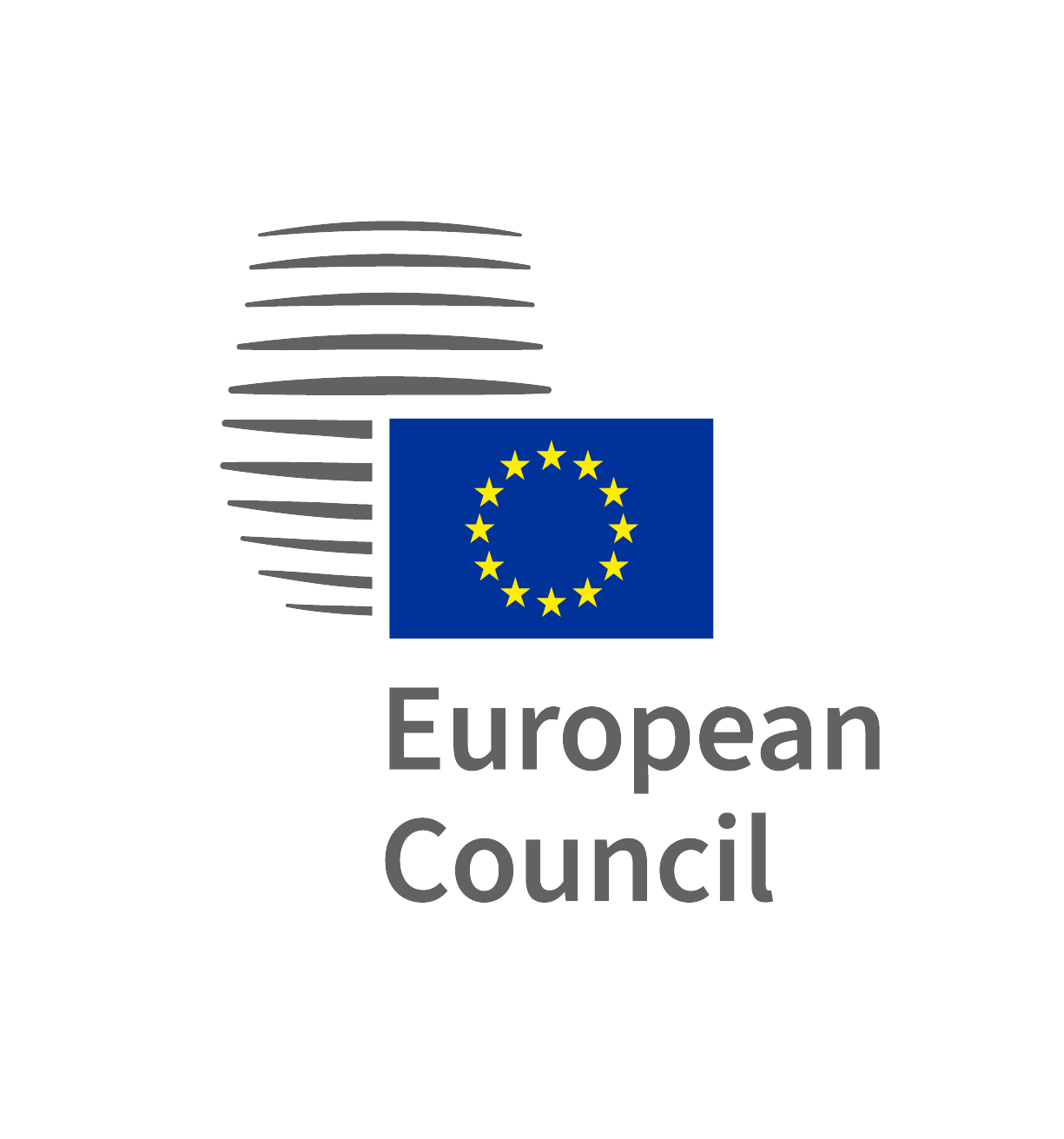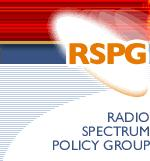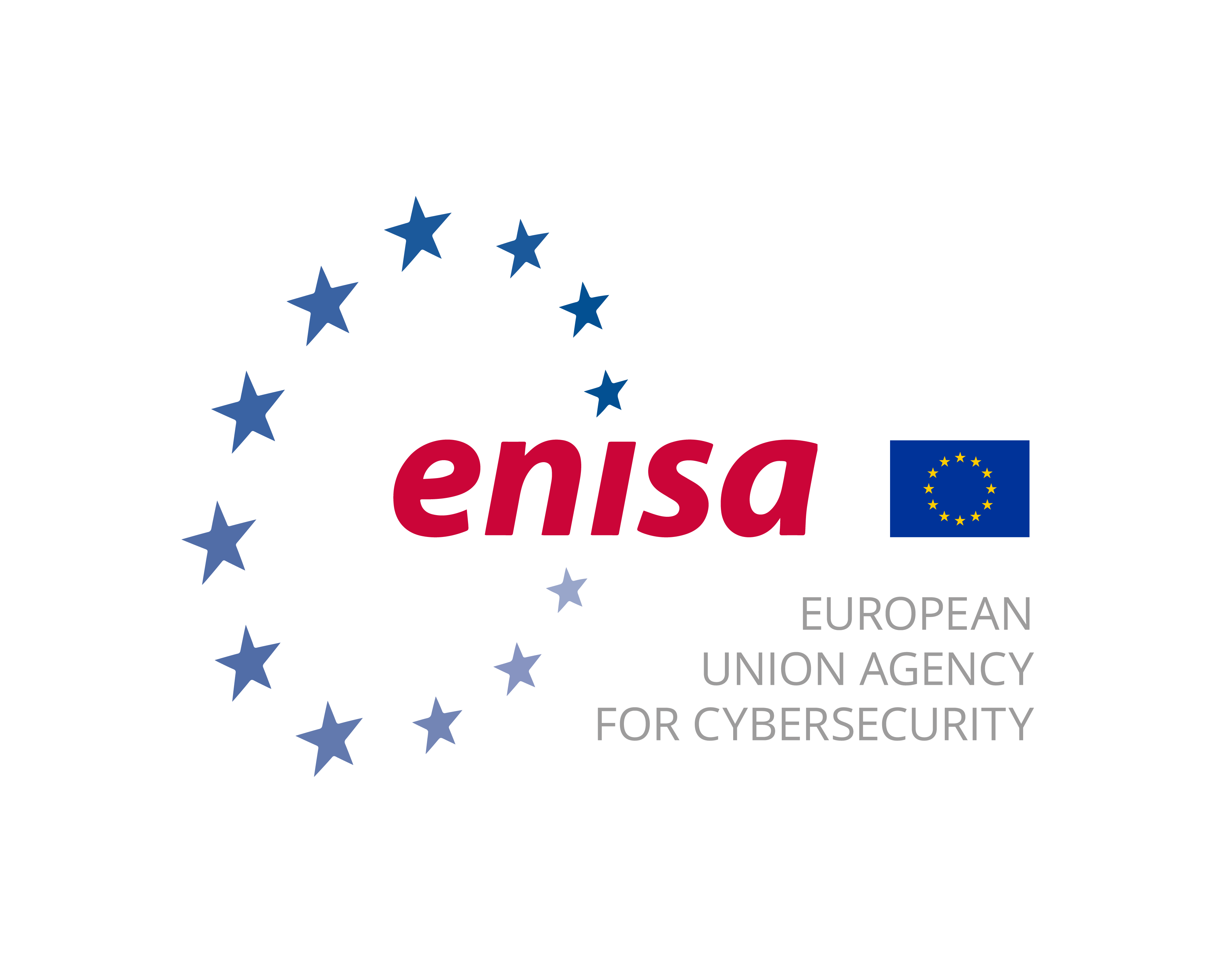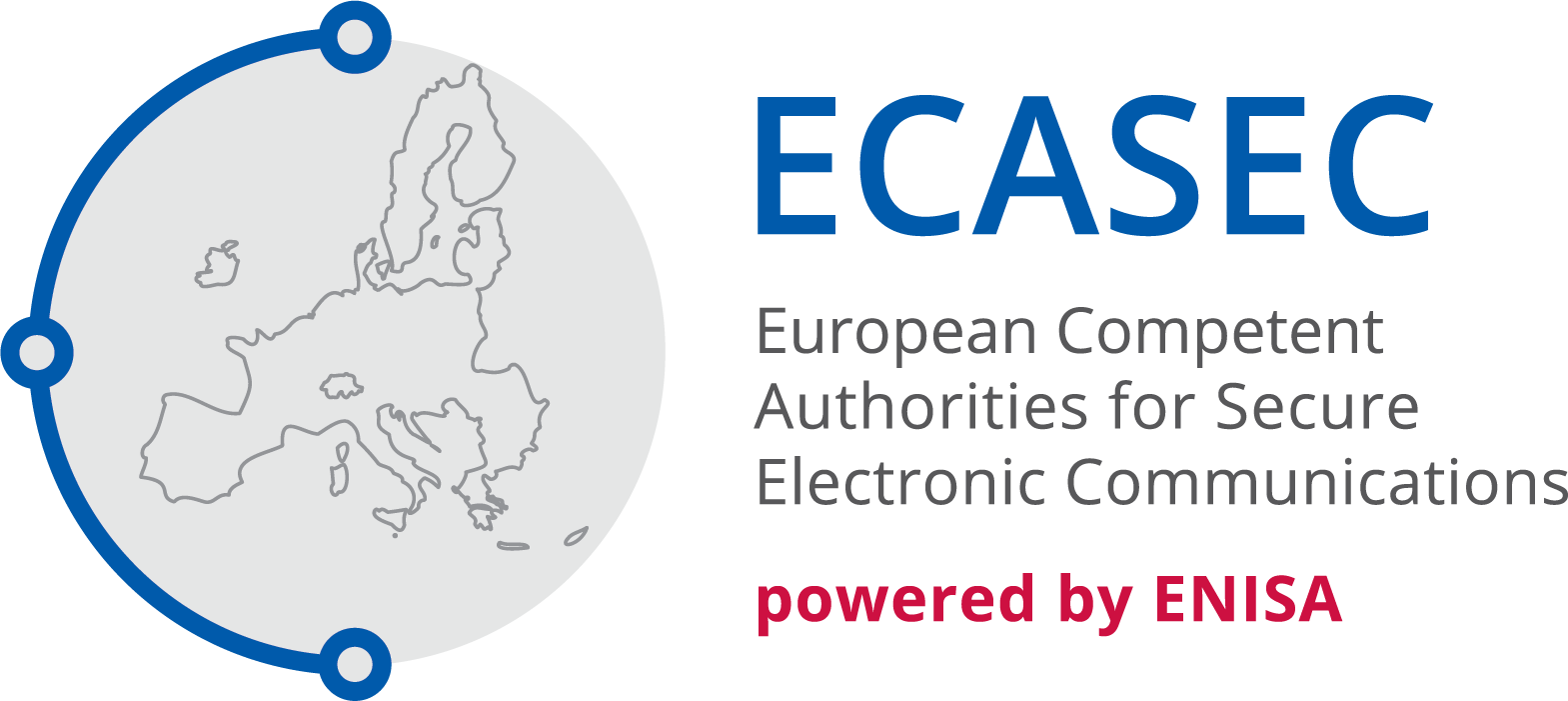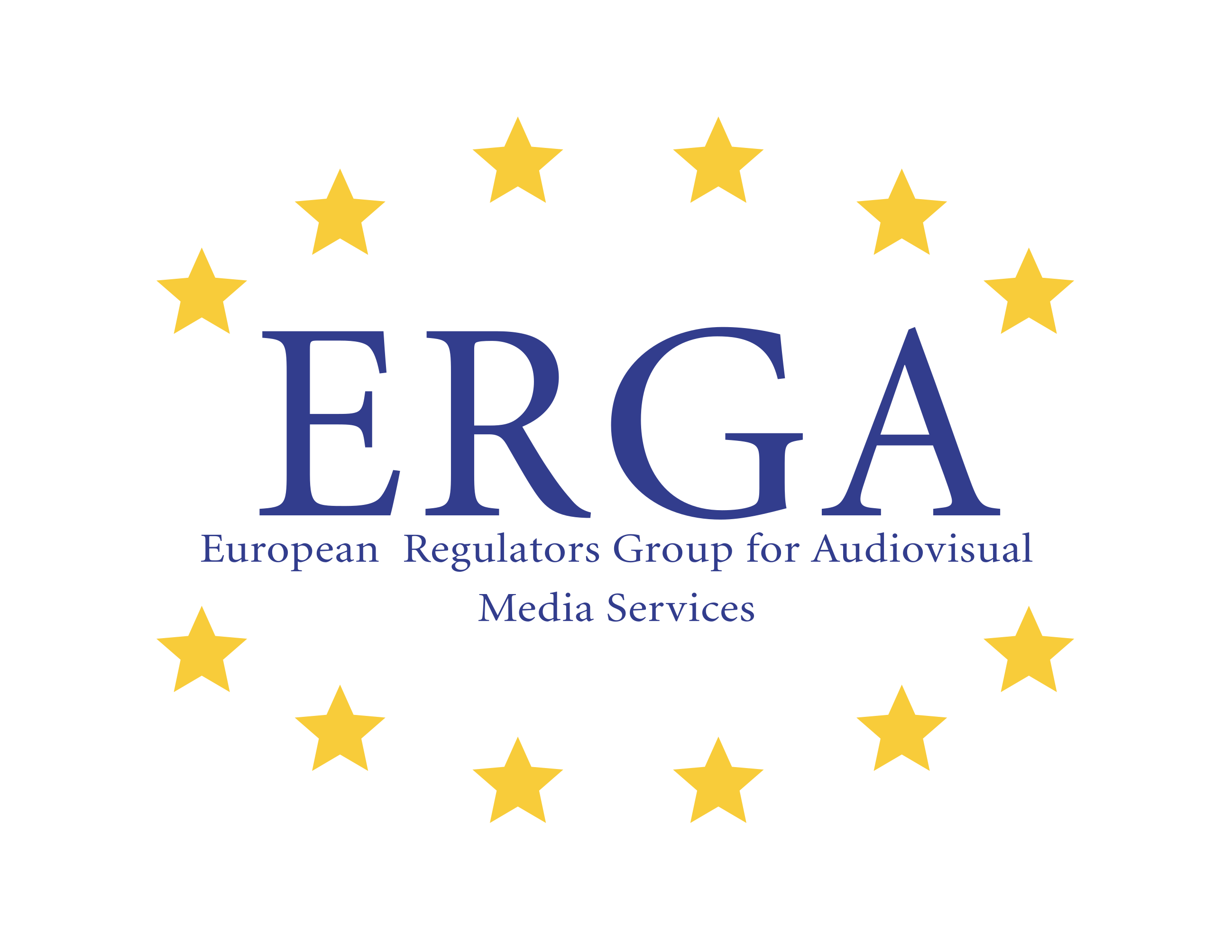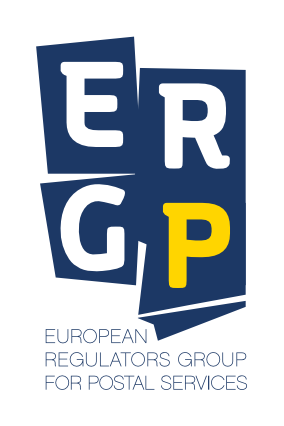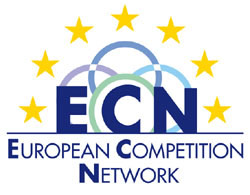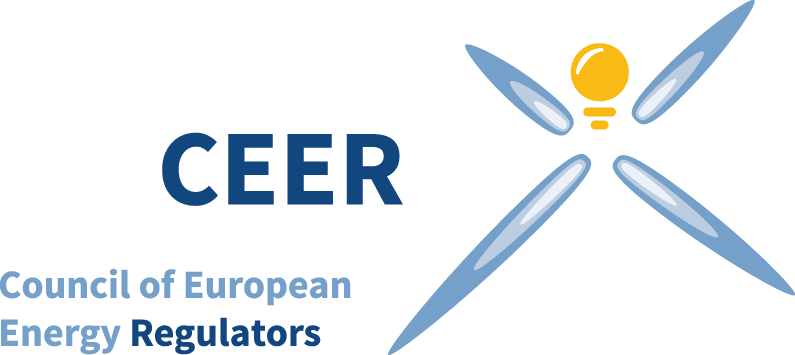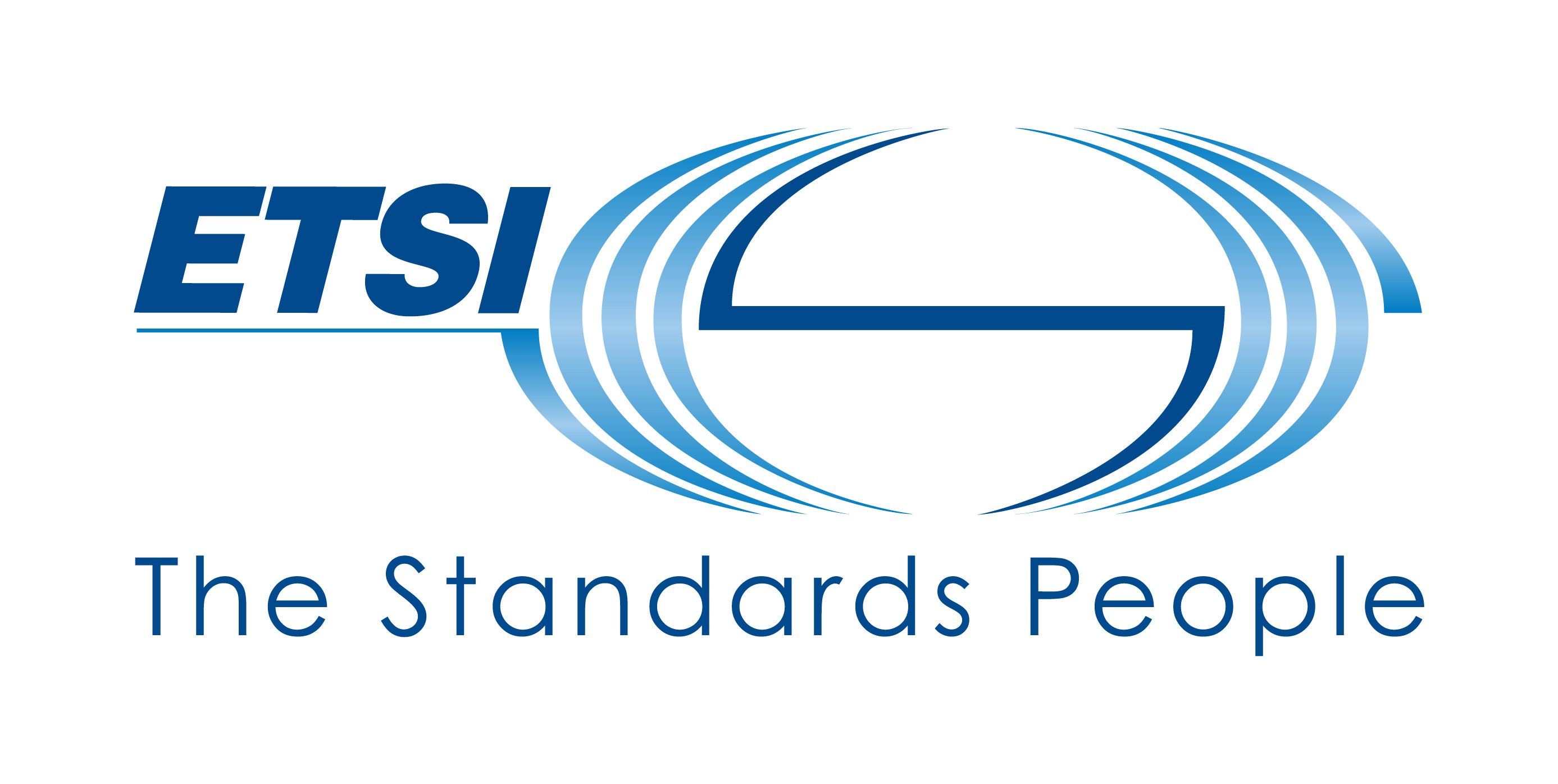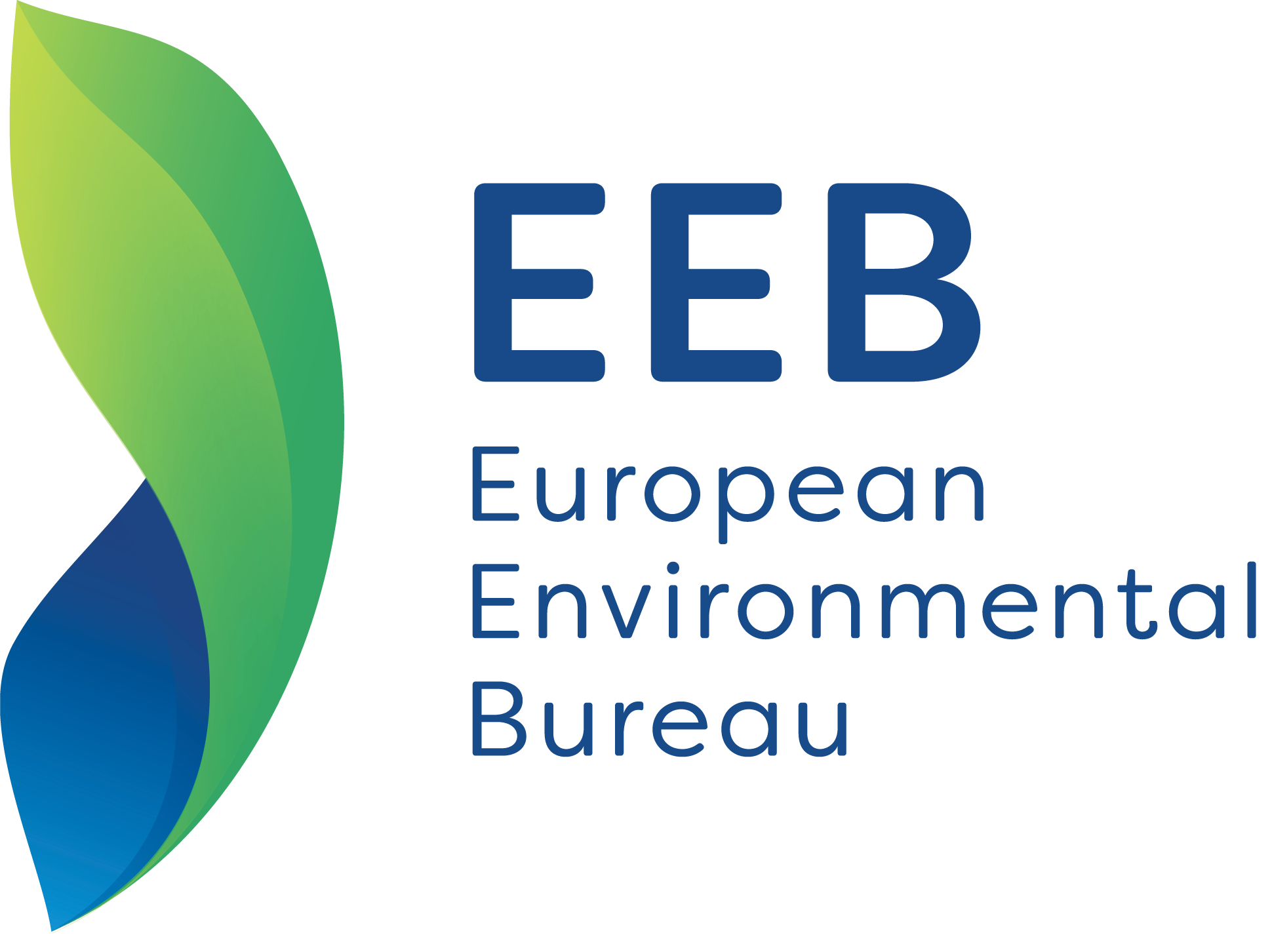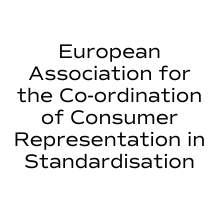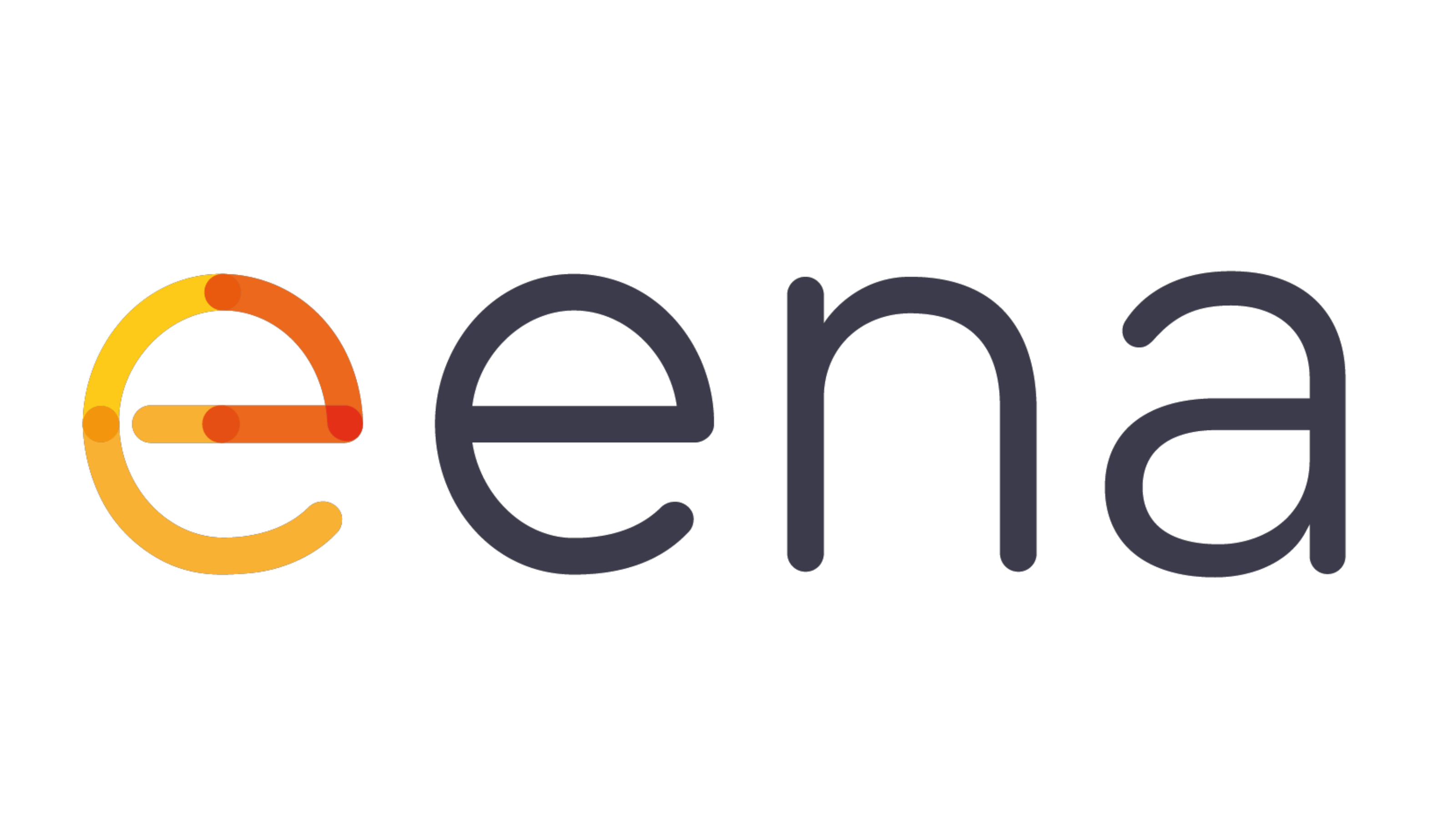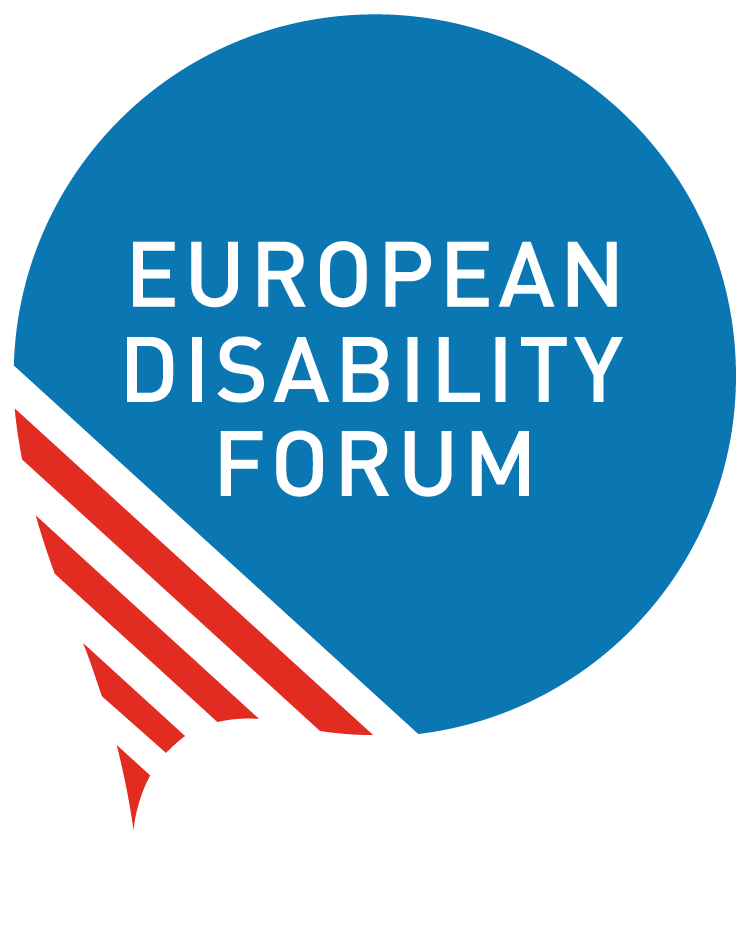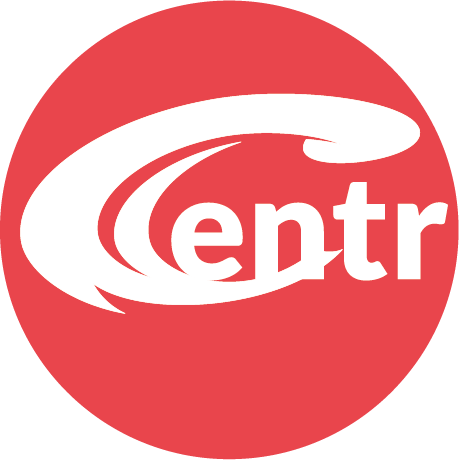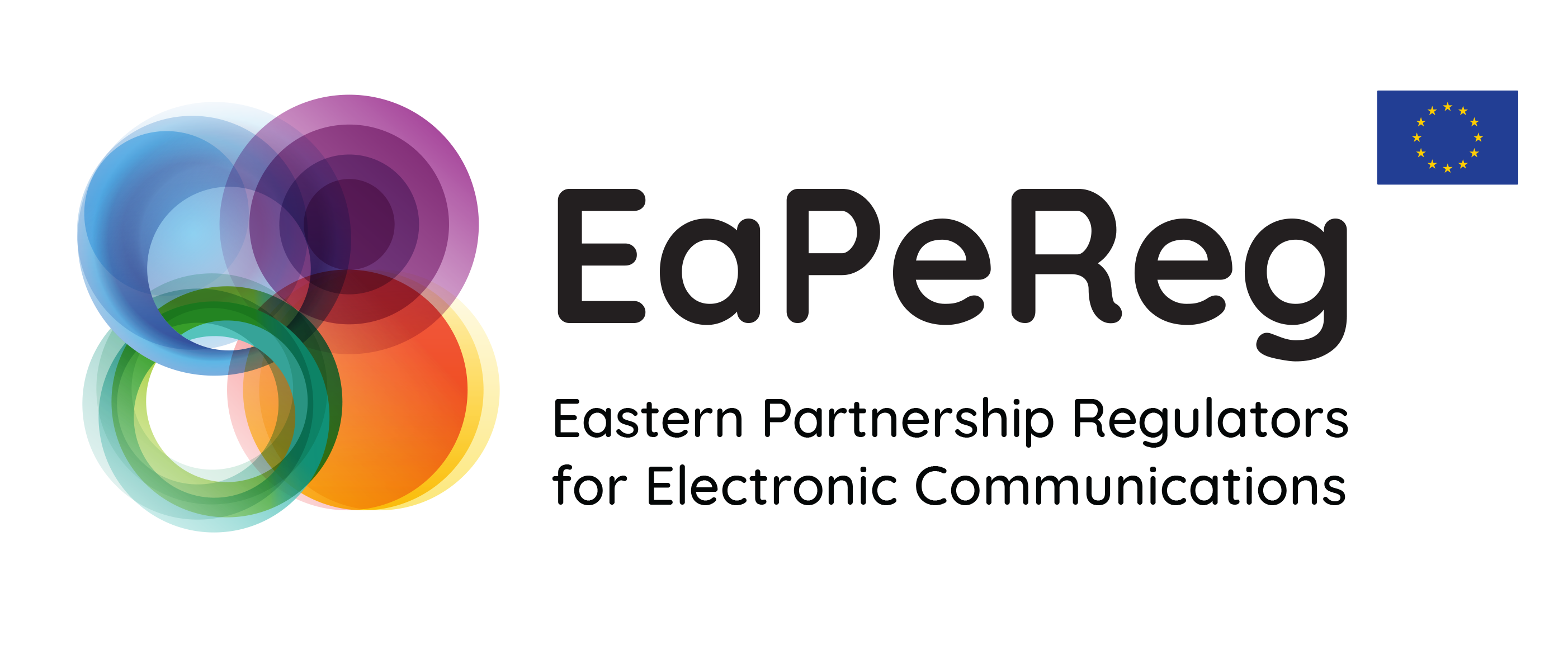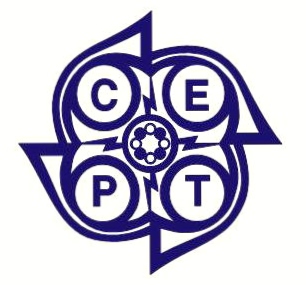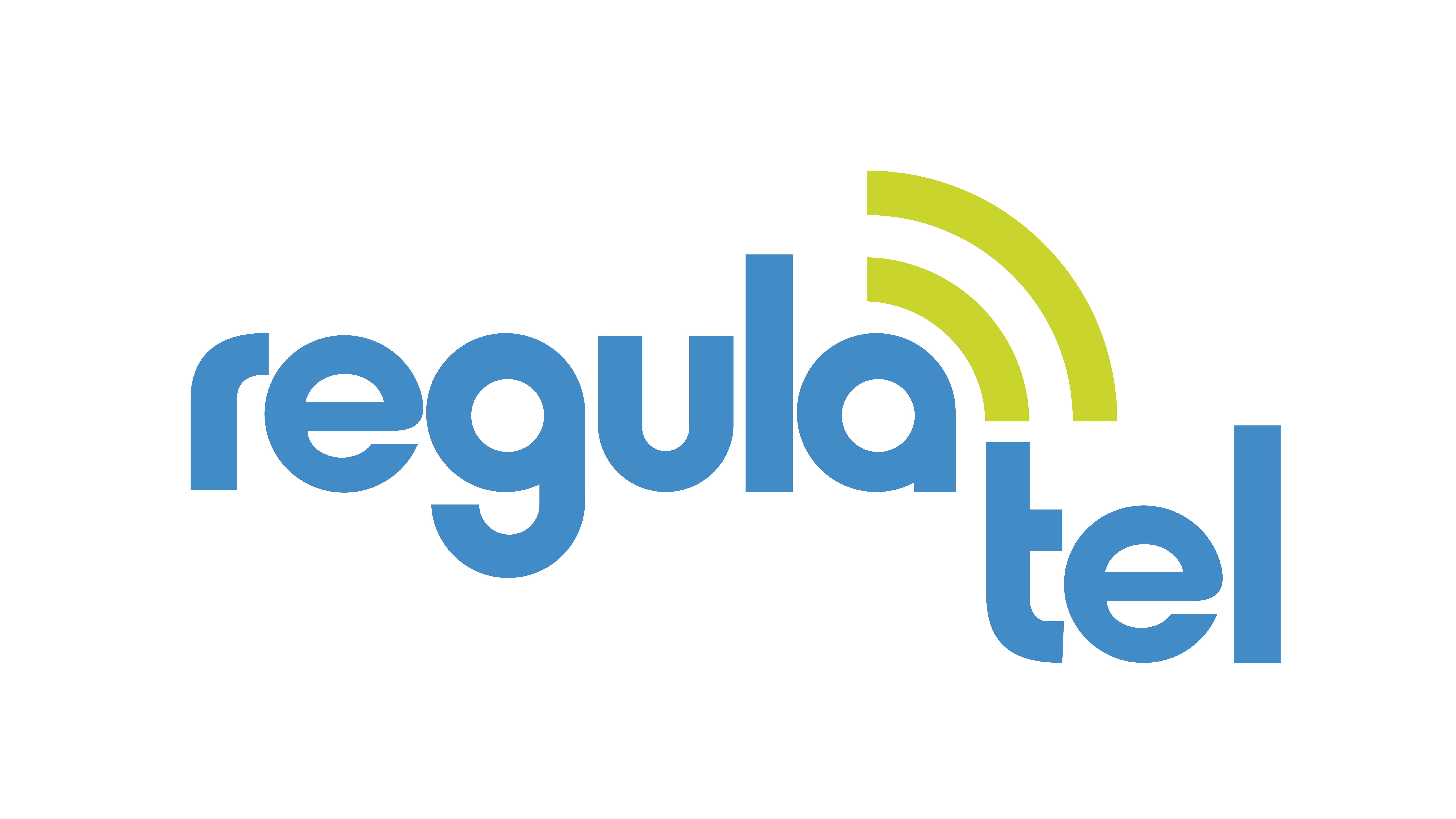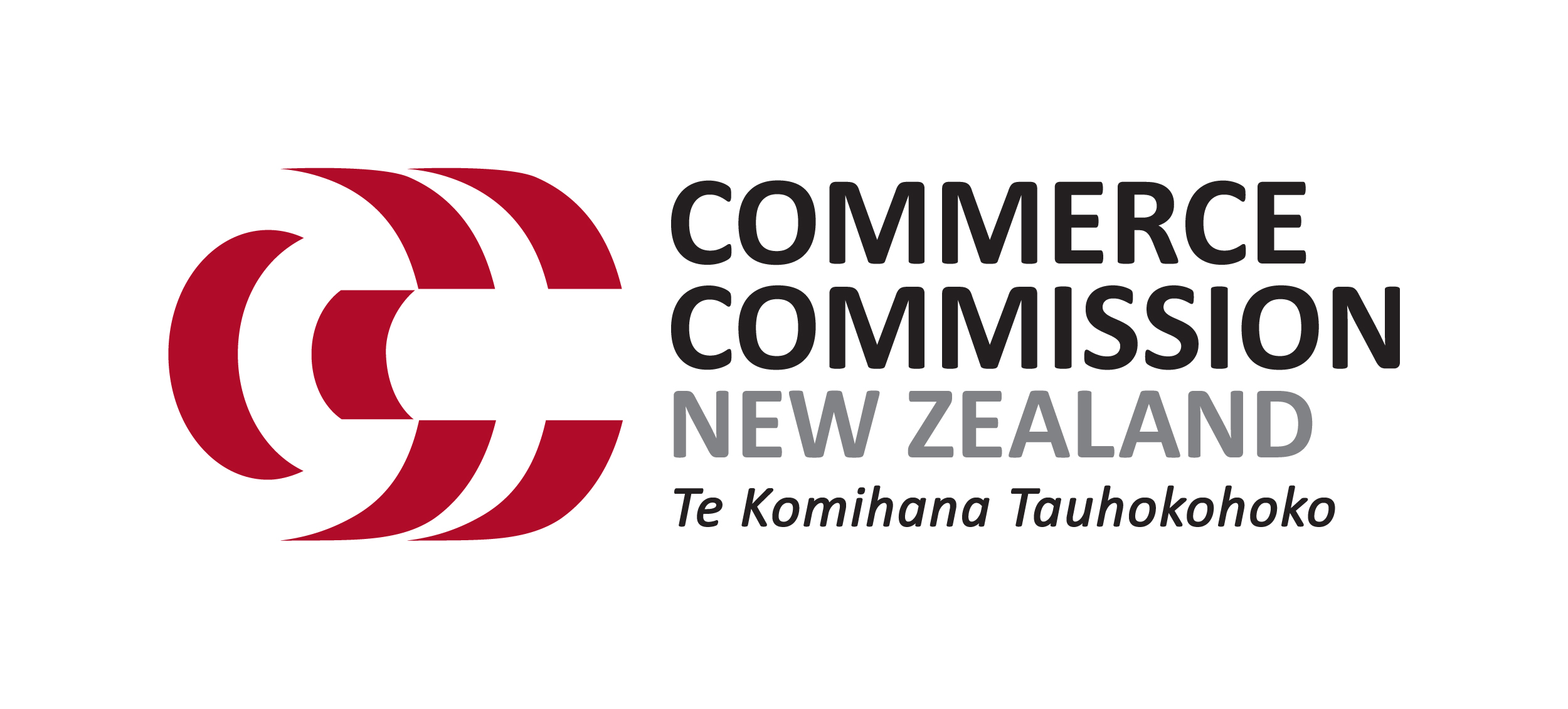External Cooperation
European Institutions
Cooperation with the European Union institutions (i.e. European Commission, Council and Parliament) does not fall within the scope of the Body of European Regulators for Electronic Communications (BEREC) Medium Term Strategy for relations with other institutions 2022-2025 as BEREC’s commitment to liaise with these European Union bodies is mandated in the terms of Article 4(1) point a of Regulation (EU) 2018/1971 of the European Parliament and of the Council establishing the Body of European Regulators for Electronic Communications (BEREC) and the Agency for Support for BEREC (BEREC Office) - the BEREC Regulation.
Cooperation with competent Union bodies, offices, agencies and advisory groups
While BEREC recognises that it is open to information-sharing with all of the institutional entities, it identifies thematic areas and relevant entities with which it can have a more intensive relationship. Within this intensified relationship, it is guided by the strategic objectives defined in the BEREC Strategy 2021-2025. BEREC’s Medium Term Strategy for relations with other institutions 2022-2025 specifies the strategic relations in more detail in chapter four. Those entities include:
Strategic relations with other institutions
BEREC maintains a relationship with a number of other bodies who provide valuable input but fall outside the scope of institutional cooperation and the remit of the Medium Term Strategy for relations with other institutions 2022-2025. These entities include:
- nongovernmental organisations: including those entities that promote and safeguard the interests of end-users in various fields that intersect with BEREC’s work such as the internet, sustainability, standardisation, intellectual property law, safety and accessibility;
- other organisations: BEREC also liaises with entities that focus on internet governance such as
- think tanks and research and academic institutions: BEREC liaises with think tanks and research and academic institutions in order to keep abreast with new developments in the electronic communications networks. Such collaboration has particularly been explored in recent work carried out by BEREC’s Sustainability Working Group.
Cooperation with independent National Regulatory Authorities and Regional Regulatory Networks
The European regulatory framework for electronic communications, to which BEREC contributes by aiming to ensure its consistent implementation, serves as an exemplary model, attracting the interest of National Regulatory Authorities (NRAs) and regional authorities across the globe. This ensures that there are continuous exchanges with international parties, which seek information and clarifications on how various aspects of the European regulatory framework are implemented in practice.
The range of topics on which information is sought is broad and can extend to aspects of Directive (EU) 2018/1972 of the European Parliament and of the Council of 11 December 2018 establishing the European Electronic Communications Code – the EECC – such as wholesale access, end user protection, spectrum and universal service, as well as requests for information on the implementation of international roaming and Regulation (EU) 2015/2120 of the European Parliament and of the Council of 25 November 2015 laying down measures concerning open internet access – the Open Internet Regulation. In addition to receiving requests for information, BEREC may wish to seek information on how regulatory policies are implemented in other regions. In other words, BEREC may wish to learn from the experiences of other bodies which are further along a particular regulatory path or to mutually exchange knowledge and understanding on a topic of common interest. In this context, BEREC may seek to exchange information and ideas with regulatory authorities or regional associations in relation to digital topics which deal with broader issues than ‘traditional’ electronic communications markets and services, and on which there is little practical regulatory experience. In this context, BEREC adopted the Medium-Term Strategy for international cooperation for the period 2022-2025. Cooperating partners include:
The Memorandums of Understanding (MoUs) BEREC has signed with international bodies and other NRAs determine the priority and timing of the engagement and commitments to collaborate.
BEREC currently has MoUs with the regional and global organisations EaPeReg, EMERG, Regulatel, and the ITU. In addition, BEREC currently has MoUs with the NRAs TRAI and CRTC.
